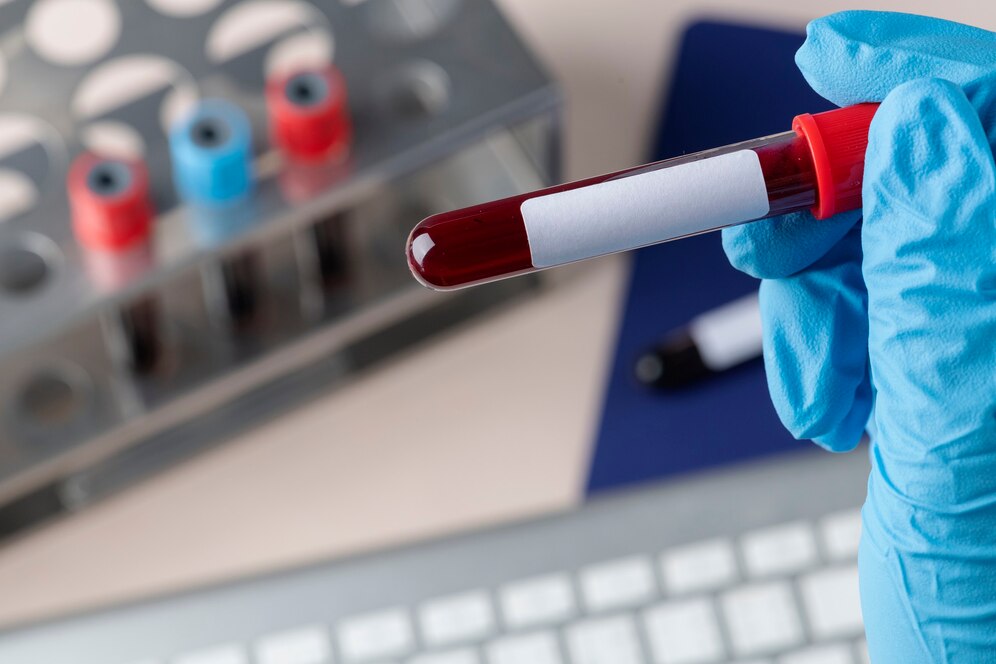The FBE blood test i.e. (Full Blood Examination) is a significant diagnostic tool used by medical professionals to evaluate a patient’s general well-being and detect an extensive list of medical conditions. This holistic assessment offers vital understanding into the components of the blood within the body, enabling the prompt identification and treatment of several disorders.
An Extensive Guide to the FBE Blood Test
Routine diagnostic tests that confirm the amount of platelets, white blood cells (WBCs), and red blood cells (RBCs) include the complete blood count (CBC), which is also referred to as the FBE blood test. This evaluation provides important details related to the holistic health of an individual, showcasing a range of factors that consist of, but not limited to:
1. Platelets: The FBE test monitors platelets, a vital element for blood clotting, to detect any potential problems associated with bleeding inside the body or other latent health conditions.
2. Red Blood Cells (RBCs): Red blood cells (RBCs) are analyzed, characterized by their size, shape, and quantity. The FBE test aids in the identification of disorders like anemia, which restrict the body’s oxygen transportation capabilities.
3. White Blood Cells(WBCs): One of the most important parts of the immune system is white blood cells (WBCs), which help the body fight illnesses. An abnormally low white blood cell count might reflect anaemia or an immune system problem.
Reasons Why Frequent FBE Blood Test Is Important:
For preventative health management, FBE testing on a regular basis is crucial.
Through monitoring of blood cell counts, individuals are able to identify any fluctuations from the established normal range, thus helping with timely detection of hidden health conditions.
The timely implementation of treatments to guarantee improved health outcomes and the prevention of disease progression are vital functions of early detection.
How to Interpret the FBE Blood Test Results:

Understanding FBE test findings necessitates a thorough examination by an experienced healthcare expert. Although specific variations from the expected range might indicate some basic issue, it is critical to stay away from making a self-diagnosis and instead seek the guidance of a medical professional to obtain an accurate analysis. Further, for Any worries or questions about the test results should also be talked over with a medical worker so that you can get a better idea of the individual’s condition.
Conclusion:
Early detection of prospective health issues and comprehensive evaluation of overall health are both accomplished with the aid of the FBE blood test. Individuals can adopt preventive measures to uphold their health by regularly tracking blood cell counts and consulting healthcare professionals for guidance on the findings. Choosing a proactive approach towards healthcare and prioritizing routine health examinations are both highly beneficial in promoting overall health and fulfilment in one’s life.
Also read: Understanding the FBE Blood Test: A Comprehensive Guide
FAQ:
1. What is a Full Blood Test (FBE)?
A vital indicator of the quantity and proper maturation of red blood cells, the full blood examination (FBE blood test), also known as the complete blood count (CBC) or full blood count (FBC blood test). Red blood cells ensure the transportation of oxygen, while platelets contribute in blood coagulation and defend against infection.
2. What information do abnormalities in the FBE blood test provide?
Abnormalities in any of these can reveal a lot about a variety of crucial problems, such as nutritional deficiencies, medication use, and, on rare occasions, harmful substance exposure can be detected with significant detail. Causes of FBE blood test abnormalities include anemia, infections, leukemias, and other blood cancers, as well as certain hereditary disorders.
3. What are the 6 most common pathology tests reveal about your health?
- Liver Function Tests
- Full Blood Examination
- Urinalysis
- TSH (Thyroid Stimulating Hormone) Quantification
- INR (International Normalized Ratio)
4. Where is the FBE used?
The FBE is used in healthcare facilities across multiple departments, including intensive care, emergency departments, cancer clinics, and even to monitor blood loss during childbirth or surgery, as well as to being requested by healthcare providers.





